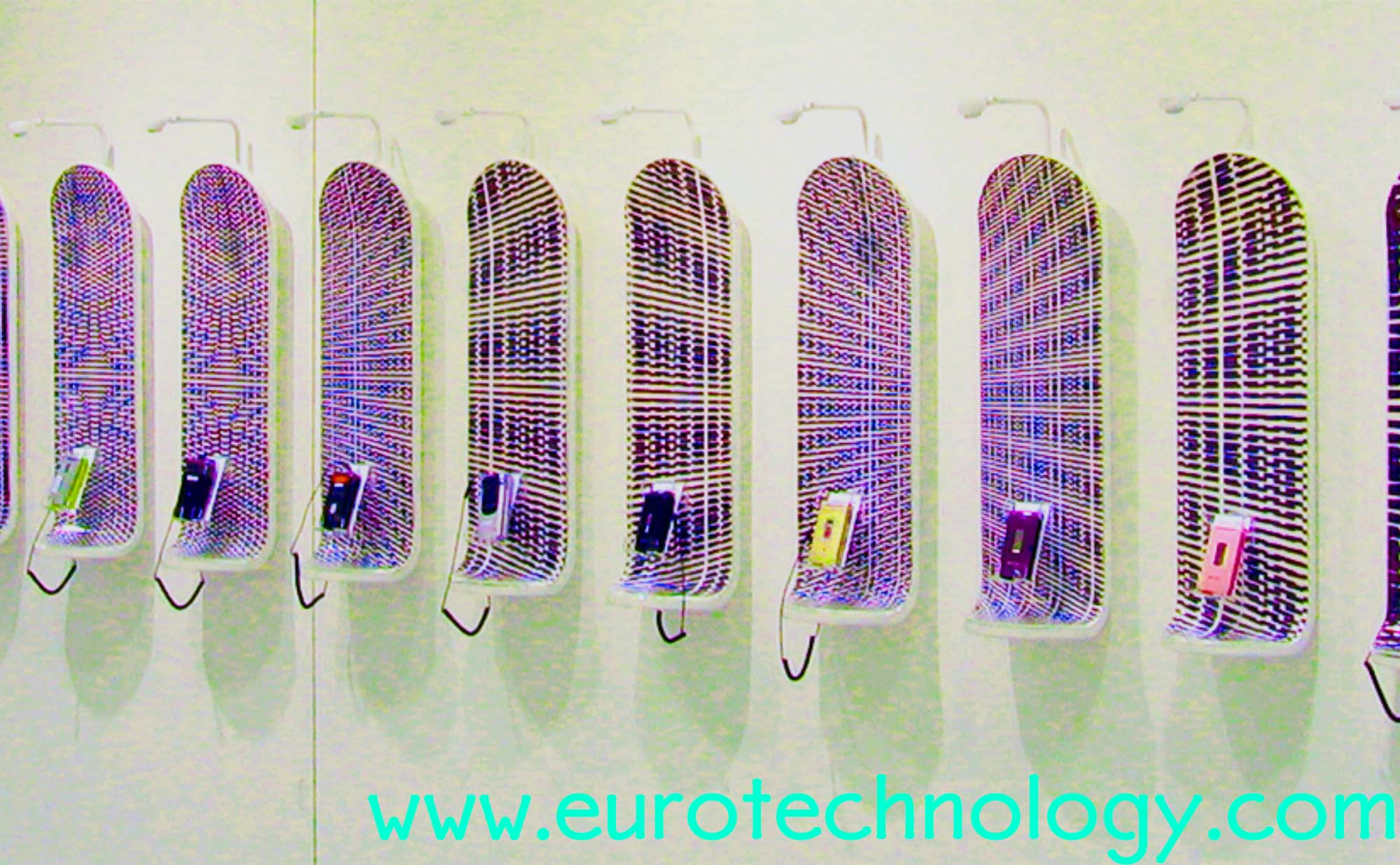Japan invented the mobile internet, and Japan’s telecommunications markets are among the world’s largest, most profitable, most advanced and also most liberalized
Japan mobile communications
Japan’s mobile communications originally started as a division of Japan’s telecom monopoly NTT, which developed into today’s NTT-Docomo. After several steps of liberalization, a considerable number of telecommunications venture companies were founded, some succeeded, and some do not exist anymore today.
Consolidation led to three major groups today + newcomer Rakuten:
- NTT-Docomo: Docomo evolved from the mobile communications division of the incumbent NTT group. NTT-Docomo created the world’s first successful mobile internet service “i-Mode”
- KDDI, with mobile brand AU: evolved from the former overseas telecommunications monopoly KDD, which merged with the venture company DDI. Today’s KDDI developed through a series of M&A transactions and turn-round operations.
- Softbank: Softbank was started as a venture company by Masayoshi Son, and is growing rapidly. Softbank is linked to YAHOO-Japan, and recently acquired the US telecommunications operator SPRINT.
- Rakuten: The Rakuten Group is the latest entrant into Japan’s mobile communications market, building out a national radio network since around 2018
Japan created the first successful mobile internet service, starting on February 22, 1999
Based on Docomo’s DoPa and 2G nationwide packed switched communication network, Docomo started the world’s first successful mobile internet service i-Mode on February 22, 1999. i-Mode soon became successful far bey0nd expectation. Many of i-Mode’s most successful characteristics can be recognized in today’s iPhones and Android smartphones, including apps, subscription based services, mobile music and much more. Read more about i-Mode:
and in our report on Japan’s telecommunications markets:
Japan telecommunications regulatory frame work
Japan’s telecommunications markets are regulated by Japan’s General Affairs Ministry (総務省). Telecommunications operators are required to obtain licenses by the General Affairs Ministry, and radio spectrum for broadcasting and for communications is also licensed by the General Affairs Ministry.
There are no spectrum auctions in Japan at this time, although from time to time the possibility of spectrum auctions is discussed. Spectrum is assigned by the General Affairs Ministry from time to time, e.g. when spectrum previously used for analog TV broadcasts became available due to the switch to digital TV. Radio spectrum is assigned by the Ministry in an internal administrative process (“Beauty Show”), where expert panels, and sometimes also public input is considered by the Ministry.
Find detailed explanations of spectrum allocation and base stations licensed and deployed in Japan in our reports on Japan’s telecom sector, and our reports on Japan’s major mobile operators:
- NTT-Docomo
- KDDI
- Softbank, and
- Ymobile is the result of a merger between eMobile and PHS operator Willcom:
- eMobile, founded by Dr Sachio Semmoto (read an interview with Dr Semmoto about eMobile here: https://www.eurotechnology.com/2008/11/12/emobile-interview-with-ceo-and-founder-dr-semmoto/ )
- Willcom
Foreign investment in Japan telecommunications markets
There is essentially no restriction on foreign investments in Japan’s telecommunications sector. As examples, Vodafone was able to acquire almost 100% of the Japan Telecommunications Group, which at that time owned about 20% of Japan’s telecommunication services markets, could completely restructure Japan Telecommunications, sell the fixed line part of the company to a global private equity fund, take the remaining wireless communications company J-Phone private and incorporate J-Phone as a wholly owned integral part of the global Vodafone Group.
Other examples of major foreign investments in Japan’s telecommunications sector at different points in time are British Telecom (BT), which owned part of the Japan Telecommunications Group, and Cable & Wireless which also owned a major telecommunications enterprise in Japan.
However, essentially all foreign investments and ownership of Japan’s telecommunications operators were not commercially successful under foreign ownership, and essentially all were directly or indirectly sold to SoftBank.
Read here why Vodafone failed in Japan.
SoftBank’s mobile services in Japan are rapidly growing – the acquisition of Vodafone-Japan was a major driver for SoftBank&s growth (Source: Eurotechnology report on Softbank):

Japan broad band markets and Fibre-To-The-Home (FTTH)
While Japan was initially slow to introduce the internet and broad band access, today Japan’s has more fibre to the home (FTTH) broadband subscribers than all of EU combined (for details, see our blog post here), and is one of the most advanced markets for FTTH broadband local access.

Japan mobile base stations markets
Japan mobile communications spectrum licensing
Radio spectrum is licensed by Japan’s General Affairs Ministry (総務省).
Read our Report on Japan’s mobile phone base station market and operator spectrum licensing and allocation.
An overview of Japan’s radio spectrum allocation for mobile communications can also be found in our report on Japan’s telecom markets.
Japan advanced technologies, globalization and Japan’s “Galapagos” issues
The global mobile internet essentially started with i-Mode in Japan in February 1999, and many advanced mobile technologies were developed in Japan, or brought first to market in Japan. These Japan-Firsts include:
- mobile internet, i-Mode
- camera phones
- mobile payment and wallet phones
- mobile payment for transport
- GPS in mobile phones, location based services for mobile phones
- mobile apps (JAVA)
- and many more…
However, Japan has not been very successful at capturing global value from these developments and Japan-only success stories. This effect is known as Japan’s “Galapagos effect”. Gerhard Fasol was the only foreigner on Japan’s “Post-Galapagos working group”, and you can read a report here.
Contact us to start:
Copyright 2013-2020 Eurotechnology Japan KK All Rights Reserved
